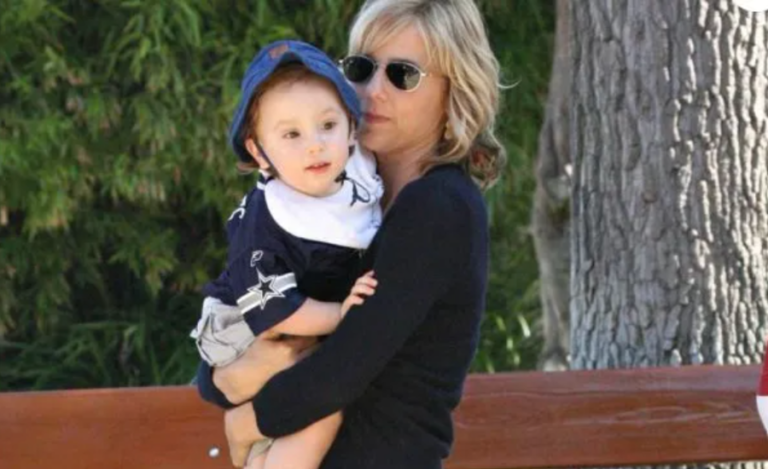Sabu Howard, frequently absolutely referred to as Sabu, turned into one of the most iconic and pioneering actors in early cinema. Best known for his roles in journey films, in particular in Hollywood all through the Forties, Sabu Howard carved out a gap for himself as a charismatic actor who introduced special tales to lifestyles at the silver display screen. His lifestyles story, marked with the aid of fame, fortune, and a tragic ending, remains a fascinating bankruptcy in film records.
Early Life and Origins
Sabu Howard Dastagir changed into born on January 27, 1924, in Mysore, India, right into a circle of relatives of impoverished animal handlers. His early years had been described via a lifestyles of tough work, specifically after the loss of his father. Sabu’s future modified for all time when he changed into observed by using the English filmmaker Robert Flaherty. At just 13 years old, Sabu Howard become solid inside the title function of the 1937 film Elephant Boy, a position that would propel him into the limelight.
This breakout function showcased his charm and natural screen presence, incomes him sizeable acclaim. The film become based totally on Rudyard Kipling’s story “Toomai of the Elephants,” and Sabu’s overall performance made him an instantaneous celebrity, no longer just in India however the world over.
Hollywood Stardom
Following the achievement of Elephant Boy, Sabu Howard became speedy signed via British manufacturer Alexander Korda and discovered himself within the international of Hollywood. His distinct presence and distinguished attraction allowed him to face out within the Western movie industry. In the 1940s, Sabu appeared in numerous traditional films that showcased his versatility and aura.
Among his maximum well-known roles turned into that of Abu in The Thief of Bagdad (1940), a beautiful technicolor fable that stays one of the most celebrated movies of its technology. Sabu’s lively performance because the younger hero who assists the titular thief cemented his repute as a celebrity. His boyish appeal and adventurous spirit captivated audiences round the world.
Another notable overall performance got here in The Jungle Book (1942), an version of Rudyard Kipling’s liked novel. Sabu played the function of Mowgli, the boy raised by using wolves, in a overall performance that continues to be celebrated for its authenticity and power. The position solidified his position as one of the pinnacle actors in Hollywood for the duration of the early Nineteen Forties.
Overcoming Stereotypes
Sabu’s profession, but, changed into not without its demanding situations. While his roles often capitalized on his ethnic heritage, additionally they restricted him to positive stereotypes. Hollywood in the Nineteen Forties was no longer mainly recognised for its diversity, and Sabu Howard become often typecast as the “unique other” — a position that brought him reputation however also limited his opportunities to department out into extra complex characters.
Nevertheless, Sabu Howard added a sure dignity and strength to his roles, transcending the confines of the restricted parts he turned into given. He became frequently a primary parent in movies that celebrated journey, magic, and the fantastical, which allowed him to come to be a symbol of imagination and escapism at some stage in a time when such memories were desperately needed through audiences, in particular during the backdrop of World War II.
Service During World War II
As World War II raged, Sabu did some thing few Hollywood stars on the time have been inclined to do — he enlisted. In 1943, Sabu joined america Army Air Forces, where he served as a tail gunner. His decision to serve demonstrated his courage and loyalty to america, a rustic that had given him tons of his success.
Sabu’s bravery did not go unnoticed. He became offered the Distinguished Flying Cross for his service, adding every other layer of complexity to his public photo. No longer became he just the boyish actor who played in delusion films; he became also a conflict hero who had risked his life for his adopted united states.
Decline in Career
Despite his early achievement, Sabu’s career started out to wane after the conflict. The changing landscape of Hollywood, along with the industry’s ongoing racial prejudices, made it tough for him to discover roles that matched the star electricity he had once commanded. The adventure films that had made him famous have been turning into less famous, and as Sabu Howard grew older, the youthful appeal that had once been his calling card started to vanish.
He endured to paintings in movie throughout the Nineteen Fifties and Sixties but discovered himself relegated to smaller and much less prestigious roles. While his skills in no way waned, Hollywood’s remedy of non-white actors for the duration of this era critically restrained the possibilities available to him.
Personal Life and Tragedy
Sabu’s private life become as dramatic as his on-screen roles. He married Marilyn Cooper, an actress and dancer, in 1948, and the couple had youngsters together. Despite the challenges in his career, Sabu changed into devoted to his family and persevered to paintings tough to offer for them.
However, tragedy struck when Sabu died from a coronary heart assault on December 2, 1963. He turned into only 39 years old. His death stunned the movie enterprise and his lovers, as many believed he nonetheless had a good deal more to provide both as an actor and as a person. His passing marked the quit of a profession that had, at its height, been full of promise and brilliance.
Legacy
Though Sabu Howard’s existence turned into reduce tragically brief, his effect on cinema remains tremendous. He turned into one of the first Indian actors to obtain worldwide fame, and his performances helped pave the manner for more representation of non-white actors in Hollywood, even if development changed into slow to observe. His first-rate-known films, The Thief of Bagdad and The Jungle Book, remain classic examples of early adventure cinema, and his performances are nonetheless remembered for their strength, warmth, and simple charm.
Beyond his contributions to film, Sabu’s story is likewise certainly one of resilience. Despite being restricted to stereotypical roles, he controlled to go away an enduring impact on audiences, and his braveness in serving for the duration of World War II showcased a depth of man or woman that went past his on-display personality.
Conclusion
Sabu Howard may not be a household name nowadays, however his contributions to early Hollywood can not be not noted. From his breakout function in Elephant Boy to his iconic turns in The Thief of Bagdad and The Jungle Book, Sabu was a trailblazer for actors of colour in the film enterprise. His life, even though tragically brief, turned into one filled with adventure, both on and off the display. He stays a symbol of early cinema’s ability to transport audiences to far flung lands and thrilling new worlds, a legacy that keeps to inspire filmmakers and actors nowadays.


